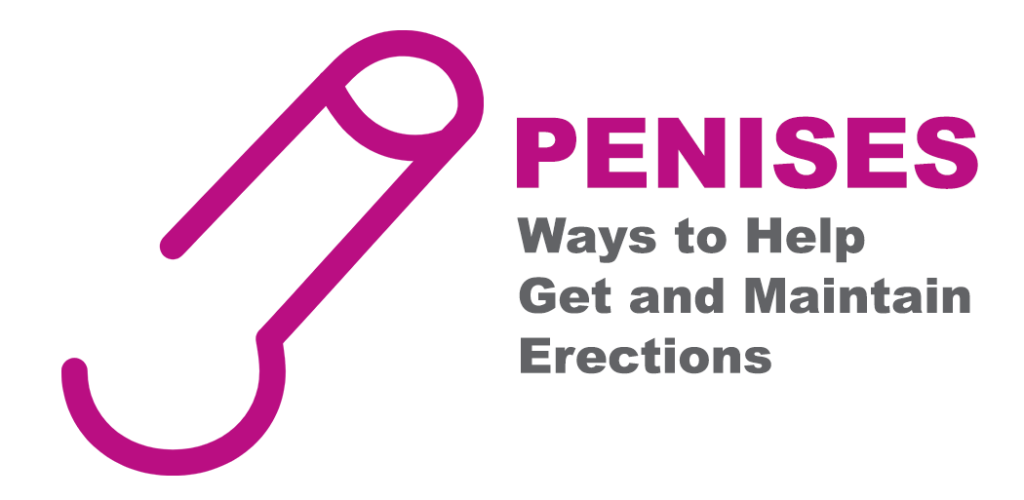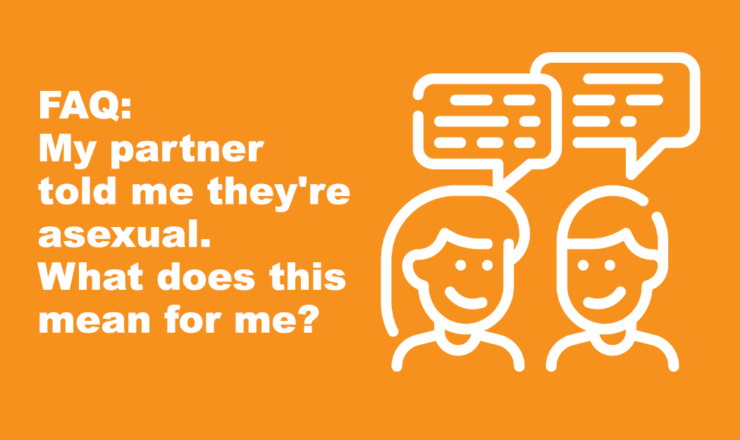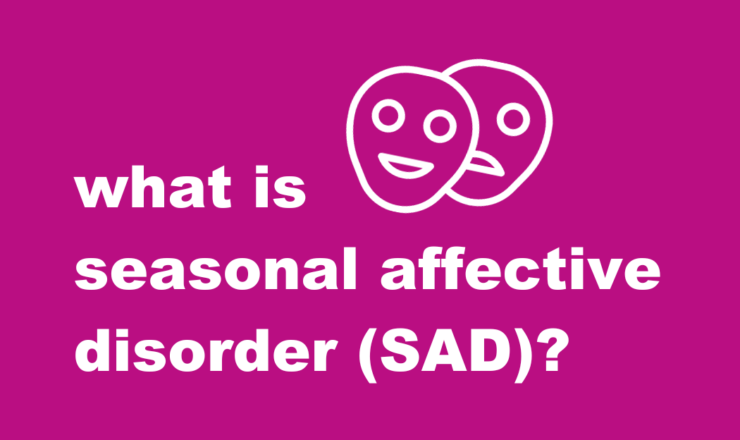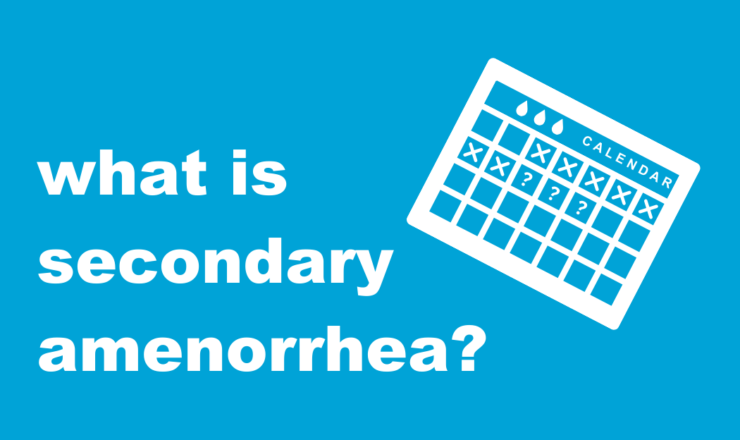

Welcome to Part 2 of our articles on troubles with erections. For potential causes or reasons why people have difficulties with having erections, be sure to check out Penises: Troubles Getting and Keeping Erections.
So if you have a hard time getting/keeping an erection, what can you do? Well, lots of things! Treatment depends on the cause, your age, medical history, the extent of the issue, and your personal preference. It’s worth noting that no treatment is guaranteed to make erection problems go away forever, as there are a number of mental and physical factors that can impact your ability to get and maintain erections.
It’s common for general stress or anxiety in your life to affect the quality of your erections. This can include stuff like if you deal with anxiety/depression on a regular basis, if you’re going through a tough time, or even if you’re having difficulties in your relationship with your sexual partner. Talking with your partner about your feelings can sometimes alleviate some of the stresses, which may improve your ability to get and stay hard.
Social and societal pressures around erections (think about what you see in porn, movies, social media, etc.) can make people feel a lot of shame if they’re experiencing difficulties with their erections. But talking about it with others (friends, partners, counsellors, clinicians, etc) can be a way to normalize the issues and cut through some of the embarrassment.+
Performance anxiety can also cause erection difficulties. This refers to the worry about “doing sex right.” You may find yourself feeling like you’re not living up to the expectations of yourself or your partner. This kind of pressure makes staying present during sex difficult and can affect the kinds of erections you have. These expectations can look like worrying if you are hard enough or can stay hard long enough, if you look good during sex, and if your partner is enjoying sex enough. If this is happening for you, it can help to acknowledge it by talking to your partner about how you’re feeling. If you find that you’re not able to get an erection at that particular moment, it might be worth having a backup plan for other activities you can do which don’t involve erections (like oral sex, masturbating, making out, using sex toys, or massages). Sex and sexual pleasure are different for everyone, and don’t always need to involve an erect penis.
At the end of the day, sex is about what feels good for you and your partner(s). Having an open mind and communicating with your partner(s) can make sex more pleasurable for everyone involved.
And of course, if you’re finding that certain positions or activities cause you pain or discomfort, talking to your partner about moving into more comfortable positions can help make it easier for your body to feel pleasure and maintain an erection.
Sex can be an intimate and vulnerable experience for many people. It is normal to experience different kinds of emotions – some that make it easier (like excitement), and some that make it more difficult (like stress). Sometimes difficult feelings can cause our bodies to not work in the ways we want them to! It can be helpful to talk to and work through emotional and mental issues including trauma, anxiety, and body image with a therapist or counsellor. This may be a helpful option for people who are coping with sexual trauma or gender dysphoria. A professional might be able to help locate sources of your distress and navigate you through some healthy ways to address your feelings so that you feel more ready and present for sex.
Things like diet, exercise, and rest all impact how your body performs physical activities. Avoiding heavy foods like lots of meat or carbs before wanting to get an erection can help, as can drinking more water and skipping drugs or alcohol ahead of time. Regularly doing 20-30 minutes of exercise each day can help your body maintain stamina. And another big thing is rest! Getting sleep, taking breaks for masturbating/sex, and generally relaxing can help your body restore energies for things like erections.
There are a few different types of medical treatments that people may explore. It must be emphasized that you should only pursue these methods with consultation and support from a clinician. These include:
Things like Viagra, Levitra, and Cialis are used to help people get and stay hard. These work by helping relax the muscles in your penis and promote blood flow.
This is only in the case of someone who has tested as having low testosterone.
This involves injecting a medicine called alprostadil into your penis or your urethra. The injection has enough dosage to make an erection last up to one hour.
You may use these treatments alone or you may combine methods.
Side-effects from these can include nasal congestion, headache, and an upset stomach. They might be dangerous for people who already take nitrate drugs (which are commonly prescribed for chest pain), have heart disease or heart failure, or have hypotension (low blood pressure). So again, before trying any treatments or medications, it is best to speak to a clinician.
There are a few different tools you can use to help get and maintain erections. These include:
These are rings that are worn around the base of the penis and sometimes the testicles to make erections harder, bigger, and longer-lasting. They come in different materials, from flexible silicone and rubber to leather and metal.
First you place your penis in the tube. The pump then sucks the air out of the tube, creating a vacuum effect that pulls blood into your penis. Once you have an erection, you can put a cock ring around the base of your penis to maintain the erection, and remove the pump. Some side effects may include bruising, restricted ejaculation (because of the ring), and your penis may feel cold.
This involves surgery to place inflatable or bendable devices into your penis to help get and maintain an erection. This is definitely a more intense treatment method.
While not getting erections may feel like a big problem for some people, you don’t have to do anything about it if you don’t want to. For some people it might just be a phase, and they’ll start having erections again on their own. For some people, it might depend on who their partner is or what activities they’re doing. And for some people, they just might not be worried about getting erections again. It’s all totally fine. You don’t have to get erections to have a happy and healthy sex life!
If you have questions about this topic, feel free to contact one of our peer educators. [Link]
Last Updated: May 2021

In this article we cover some of the first questions people often have when trying to understand how their partner being ace may or may not impact their relationship.

This article talks about Seasonal Affective Disorder, a form of depression that usually affects people in colder, darker months of the year.

This post talks about secondary amenorrhea, which is what we call it when someone misses three periods in a row.